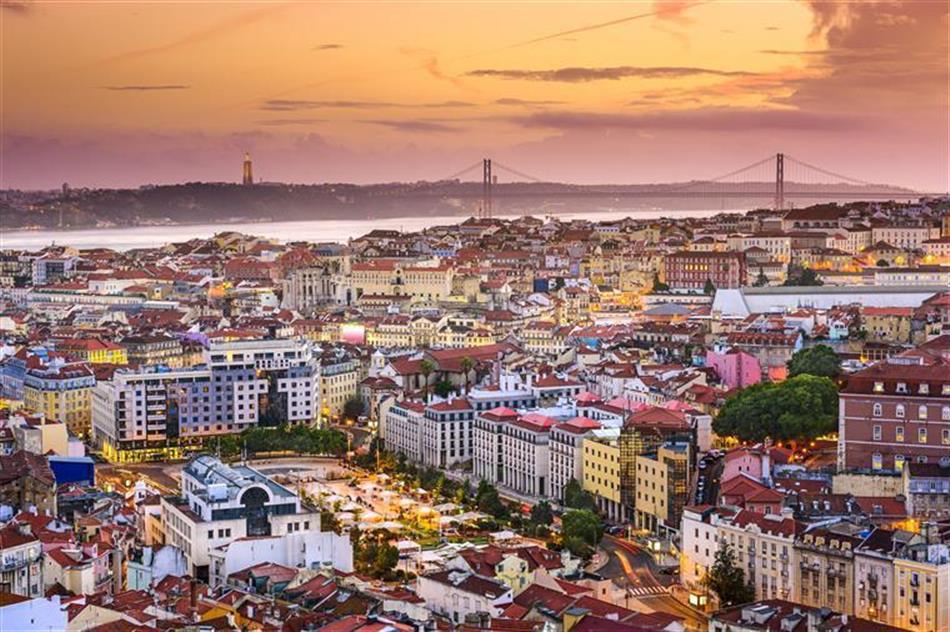The emergence of flexible remote working, the war in Ukraine, currency fluctuations, and widespread inflation are all having a material impact on employee compensation, which could have devastating consequences for companies in the global battle for talent. The conclusion is taken from the “Cost of Living 2022” study launched by the consulting company mercer, which ranks the cost of living in 227 cities around the world for expats from an aggregated comparative cost analysis of more than 200 items at each location, including housing, transportation, food, clothing, household goods, and entertainment. Driving back to Hong Kong. Zurich (second), Geneva (third), Basel (fourth) and Bern (fifth) are among the world’s five most expensive locations for expats.
“The volatility caused by the COVID-19 virus and exacerbated by the crisis in Ukraine has fueled global economic and political uncertainty,” said Thiago Borges, Head of Professional Business at Mercer Portugal. Most countries around the world, expats worry about their purchasing power and their social and economic stability.”
Expatriates who pay using the country of origin approach usually receive a cost-of-living allowance to maintain their purchasing power in the destination countries. This benefit is calculated by applying the cost-of-living index to a portion of the employees’ net salary (“their disposable income” – the amount they spend on goods and services used daily at the host location).
Inflation and exchange rate fluctuations directly affect the purchasing power of employees working outside their home country. The emergence of flexible remote working has caused many employees to reconsider their priorities, work-life balance and choice of accommodation. These circumstances could have devastating consequences for companies, which need to rethink their mobility strategy for a chance in the global battle for talent. On the other hand, this situation also provides an opportunity for cities to attract foreign investment.
“For organizations, the financial well-being of employees is a key factor in their ability to attract and retain the best talent, and by using reliable and accurate data, organizations can identify clear strategies for organizing employee mobility packages and international players in uncertain times” added Tiago Borges.
He adds: “Business and economic conditions worldwide are evolving faster than ever before. Companies need to carefully navigate international contract costs/packages in times of uncertainty and adapt to the new world of work to ensure business resilience and a sustainable future for expatriates. He also noted that “Companies need market intelligence and clear strategies for implementing mobility packages for competitive expats in uncertain times, ensuring the financial well-being of their employees, as well as business efficiency, transparency and fairness,” Marta Dias, Rewards Leader at Mercer Portugal. Retains key talent.
Mercer’s cost of living data helps organizations understand the importance of monitoring currency fluctuations and assessing inflationary and deflationary pressures on goods, services, and housing in all locations of operations. The data also helps identify and maintain compensation packages for employees in international operations. Furthermore, the cost of living in a location can have a significant impact on its attractiveness as a talent destination and influence site selection decisions for organizations to expand and transform their geographic footprint.
Top 10 most expensive
The Mercer study “Cost of Living 2022” placed Copenhagen (Denmark) 11th in the world ranking, London (UK, 15), Vienna (Austria, 21) and Amsterdam (Netherlands, 25). Notable cities in Western Europe, in addition to the aforementioned Swiss cities Zurich, Geneva, Basel and Bern.
The most expensive city in Eastern Europe is Prague (Czech Republic), which ranks 60th out of 227 cities. It is followed by Riga (Latvia, ranked 79), Bratislava (Slovakia, ranked 105) and Tallinn (Estonia, ranked 140). The cheapest city in Eastern Europe is Sarajevo, Bosnia and Herzegovina, ranked 209.
In turn, Lisbon, which has fallen 26 places in the ranking, is now below the middle of the European cities table behind cities such as Madrid or Barcelona.

“Wannabe internet buff. Future teen idol. Hardcore zombie guru. Gamer. Avid creator. Entrepreneur. Bacon ninja.”

